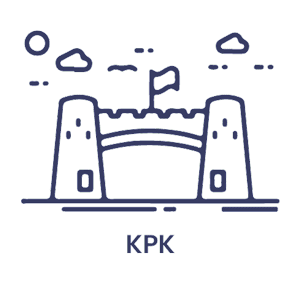Students’ language proficiency is a valued component of TMS. We understand that students’ language (linguistic competence) and communication skills serve as a foundation to their cognitive, emotional and social development in school, and also are essential areas for preparing them for future learning and life. Good language skills are the basis for later academic achievement. Furthermore, having good language skills enable students to discuss their needs, experiences, ideas and feelings about their learning.
TMS is committed to supporting multilingualism as a fundamental part of increasing intercultural understanding and global citizenship.
With these principles in mind, TMS has written this language and speech policy to provide a framework that will ensure that the school’s values and aims in relation to access and multilingualism are reflected in every school’s activities.
With this language and speech policy we define the ways in which we provide support to our schools and teachers for the implementation of its foreign languages provision. It defines four levels of support: two for working languages (English and Urdu) and two for foreign languages (Chinese and German).






